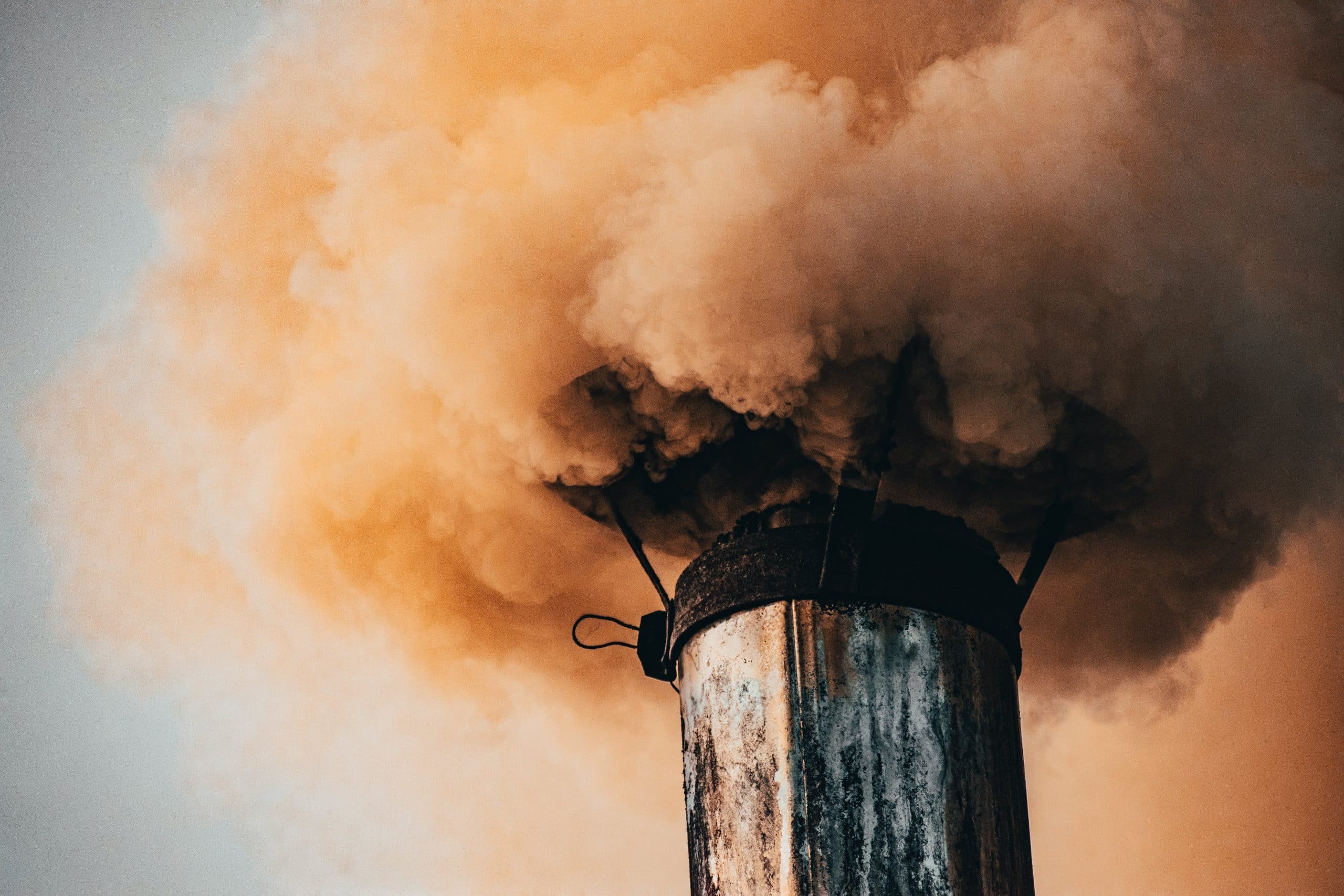The quality of the air you breathe is crucial to your health. Even though it might seem invisible, the air around you is filled with tiny particles and gases that can cause serious harm to your body. Let’s delve into the world of air pollution, its effects, and the many ways it can impact your health.
Understanding Air Pollution
Air pollution, at its core, is the presence of harmful substances in the air. Pollutants, a term you might have heard thrown around, are these harmful substances that may originate from various sources, such as vehicle emissions, chemical factories, dust, pollen, mold, or wildfires.
Avez-vous vu cela : What foods are best for healthy skin?
When these pollutants reach high enough concentrations, they can cause significant harm to human health and damage to the environment. The severity of this harm often depends on the length of exposure and the concentration of pollutants in the air.
The Major Pollutants
The most common pollutants that people are exposed to include particulate matter (PM), ground-level ozone, nitrogen dioxide, sulfur dioxide, and lead. Among these, PM and ground-level ozone pose the most significant risks to human health.
Dans le meme genre : How can regular exercise improve your mood?
PM, also referred to as particle pollution, comprises a mixture of solid particles and liquid droplets found in the air. Some particles, such as dust, dirt, soot, or smoke, are large or dark enough to be seen with the naked eye. Others are so small they can only be detected using an electron microscope.
Ground-level ozone, on the other hand, is the primary component of smog. It’s created by chemical reactions between oxides of nitrogen (NOx) and volatile organic compounds (VOCs) in the presence of sunlight. Emissions from industrial facilities and electric utilities, motor vehicle exhaust, gasoline vapors, and chemical solvents are some of the major sources of NOx and VOC.
Health Impacts of Air Pollution
The effects of air pollution on health are numerous and can range from minor irritations to serious conditions like heart disease and lung cancer. Long-term exposure to polluted air can have lasting, and sometimes fatal, effects on health.
Respiratory Effects
Air pollution can cause or worsen respiratory conditions like asthma and chronic obstructive pulmonary disease (COPD). When you breathe in pollutants, they can irritate the airways and cause inflammation. This can worsen symptoms in people who already have respiratory conditions, and can also lead to the development of these conditions in healthy individuals.
Children, in particular, are at a higher risk of developing respiratory problems due to air pollution. This is because their lungs are still developing, and they breathe more air relative to their body weight than adults do.
Cardiovascular Effects
Air pollution doesn’t just harm your lungs; it can also damage your heart. Studies have found links between long-term exposure to air pollution and an increased risk of heart disease. Polluted air can cause inflammation and stress to the heart, leading to changes that result in heart disease.
There’s also evidence to suggest that short-term exposure to air pollution can trigger heart attacks in people who are already at risk.
Long-Term Health Risks
In addition to respiratory and cardiovascular diseases, long-term exposure to air pollution can lead to other serious health conditions. These include lung cancer, stroke, and premature death.
Climate Change and Air Pollution
Climate change is a significant factor that exacerbates air pollution. The rising global temperatures can lead to increased levels of ground-level ozone, which is harmful to human health.
Moreover, climate change can enhance the atmospheric conditions needed for air pollution to form. For instance, heatwaves combined with stable atmospheric conditions can lead to what’s known as “air pollution episodes,” where pollutants accumulate and significantly deteriorate air quality over a few days or weeks.
Climate change also intensifies weather patterns, leading to more wildfires, which release harmful pollutants into the air, contributing to poor air quality.
Protecting Your Health
Understanding the impacts of air pollution on your health is the first step towards protecting yourself. Limit exposure by staying indoors on days when air quality is poor, especially if you have a pre-existing respiratory condition. Make use of air purifiers at home and masks when going outside.
It’s also essential to take steps towards reducing air pollution. This might entail using public transportation or electric vehicles, conserving energy at home, or advocating for cleaner, renewable sources of energy.
Air pollution is a global issue that affects everyone. Therefore, it’s important to work collectively towards improving air quality, protecting not just our health, but also the environment we live in. Let’s breathe easy, knowing we’ve done our part in fighting air pollution.
Air Pollution and Mental Health
While the physical health impacts of air pollution are well-studied, new research is shedding light on the mental health effects as well. Long-term exposure to polluted air has been linked to an increased risk of mental health disorders, including depression and anxiety.
Air pollutants, particularly fine particulate matter, can cause inflammation and oxidative stress in the brain, leading to neuroinflammation and neurodegeneration. This biological response can affect cognitive function, mood, and overall mental health.
Children exposed to high levels of air pollution may experience slowed cognitive development and reduced cognitive performance. Studies have also found a potential link between exposure to polluted air in early life and developing psychiatric disorders later in life.
For adults, some studies suggest that long-term exposure to air pollution could be a risk factor for neurodegenerative diseases like Alzheimer’s and Parkinson’s. While more research is needed to confirm these links, the existing evidence emphasizes how damaging air pollution can be for our mental health as well as our physical health.
Air Pollution’s Impact on the Global Health Burden
Air pollution contributes significantly to the global health burden, causing or exacerbating a wide range of diseases and conditions. The World Health Organization (WHO) estimates that around 7 million premature deaths each year are linked to air pollution, making it one of the world’s largest environmental health risks.
These figures don’t just represent a loss of life. They also represent a tremendous economic cost in terms of healthcare expenses and lost productivity. Moreover, the health impacts of air pollution disproportionately affect vulnerable populations like children, the elderly, and those with pre-existing health conditions.
The WHO has made reducing air pollution a priority, recognizing its importance for both public health and climate change. They advocate for a range of measures, from stricter emission standards for vehicles and industry to promoting cleaner energy sources and improving urban planning.
Conclusion
Air pollution is a complex and pervasive problem that affects more than just the air we breathe. It impacts our health in numerous ways, from our respiratory and cardiovascular systems to our mental health.
The detrimental health effects of air pollution highlight the importance of improving air quality. Measures such as reducing fossil fuel use, advocating for clean energy, and improving urban infrastructure can all contribute to cleaner air.
In the face of climate change, it’s more vital than ever to tackle air pollution head-on. We need to understand that the air we breathe today will shape our health outcomes tomorrow.
Remember, protecting our health from air pollution starts with each of us. By making conscious choices to reduce our own contributions to air pollution and advocating for clean air policies, we can help to create a healthier future for everyone. Let’s all do our part to ensure we, and future generations, can breathe easy.






